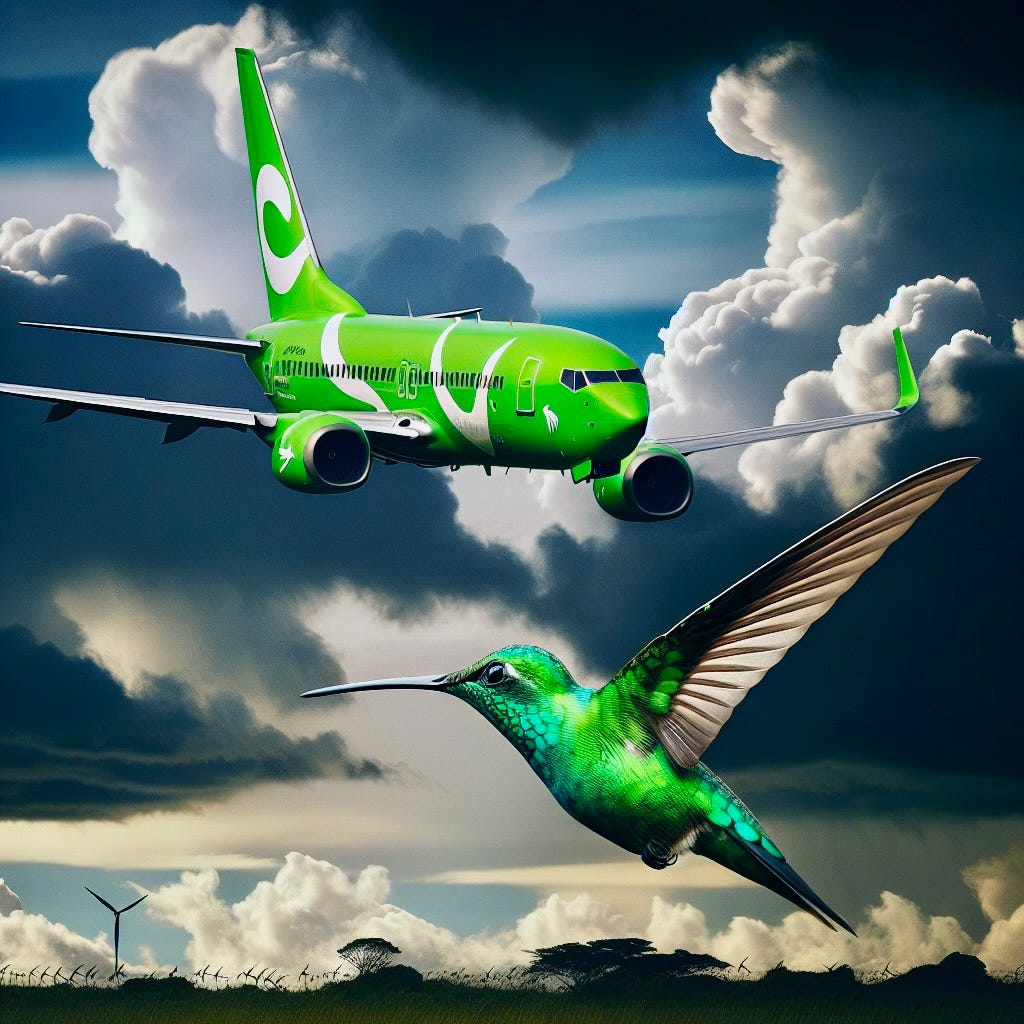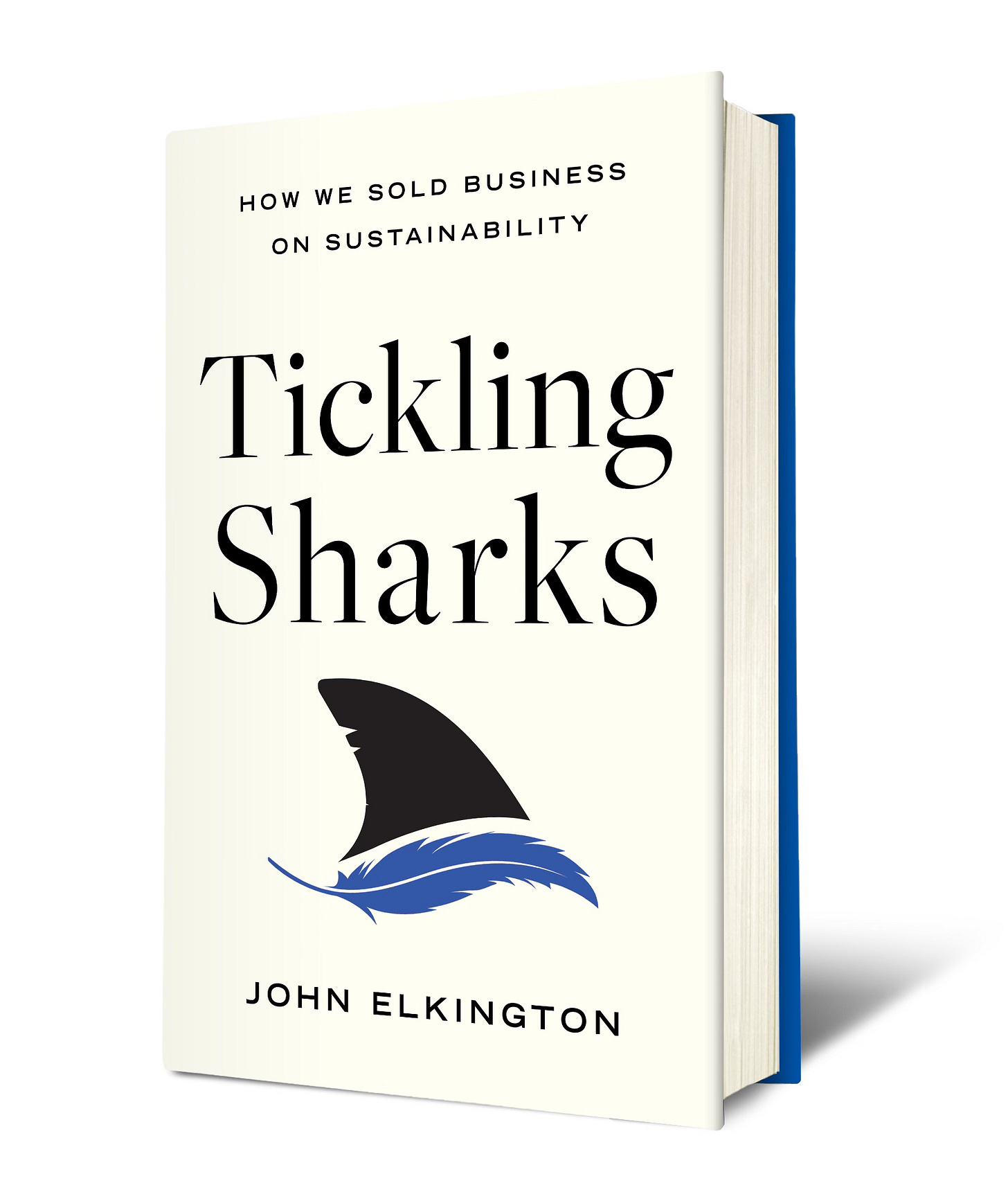How Airline Fares Could Take Off
The big airlines are worried that the cost of greener aviation will dent demand
I really can’t talk. I have flown so much over five decades in my ongoing efforts to green business that BA gave me a Gold Card for life some 20 years ago. I’m pretty sure that Greta Thunberg would have something to say about that.
True, I have worked over the years with clients like BA and BAA (doing early green audits for both) to help them green their operations. And I chaired Neste’s advisory council on sustainability and new markets for a number of years as they worked to build global demand for sustainable aviation fuels.
But if I learned anything from the Neste engagement it was that SAF, as the fuel’s acronym goes, is competing for feedstocks with various other potential uses—and is pretty much always more expensive. And sometimes by a considerable margin.
On the upside, SAF—which is made from things like waste cooking oil and crop residues—can emit 70 percent less carbon than conventional jet fuels. A big problem, though, is that so little SAF is currently being produced, with less than 1 percent of global jet fuel consumption last year thought to have been SAF.
Strikingly, BA alone used around 12 percent of world SAF production last year. And, like BA, growing numbers of airlines are being forced to swallow the additional cost. The EU’s tough net zero targets, for example, require 6 percent of jet fuel to come from sustainable sources by 2030.
Another example of just how important public policy is in shaping tomorrow’s markets—whether it involves setting stretch targets for a key industry or funding leading edge research into new solutions.
One thing is clear, though. The airlines are not going to swallow such cost burdens for long. Last month, for example, Lufthansa announced a surcharge on tickets to fund clean fuels and decarbonisation. It announced that it would charge a fee of between €1 and €72 per ticket from 2025.
“Flying is going to be more expensive,” acknowledged Luis Gallego, boss of BA owner IAG, in an interview with the Financial Times. Even if the airlines continue to work to boost their energy efficiency, higher costs “will have an impact on demand.” BA is among those worrying that the net result will be lower competitiveness for European airlines.
As Gallego told the FT, “The reality is that we do not have [enough] SAF, and the SAF we have is very expensive.” One outcome might be intensified public resistance to timely and effective climate action. Another might be be further consolidation of the European airline industry.
But, whatever the impact of the recent right-wing swing in EU politics, the likelihood is that the airline sector will be a key forcing ground for the new technologies needs to ensure cleaner air travel has both an affordable and politically acceptable future.
And if you want to know more about the evolution of my thinking, my 21st book is a memoir called Tickling Sharks: How We Sold Business on Sustainability (Fast Company Press, June 2024). Our video trailer can be found here. Available in good book stores and on Amazon, in hardback, paperback, Kindle and audio formats—the last being the first audio version of one of my books that I have voiced myself. Let me know what you think!





